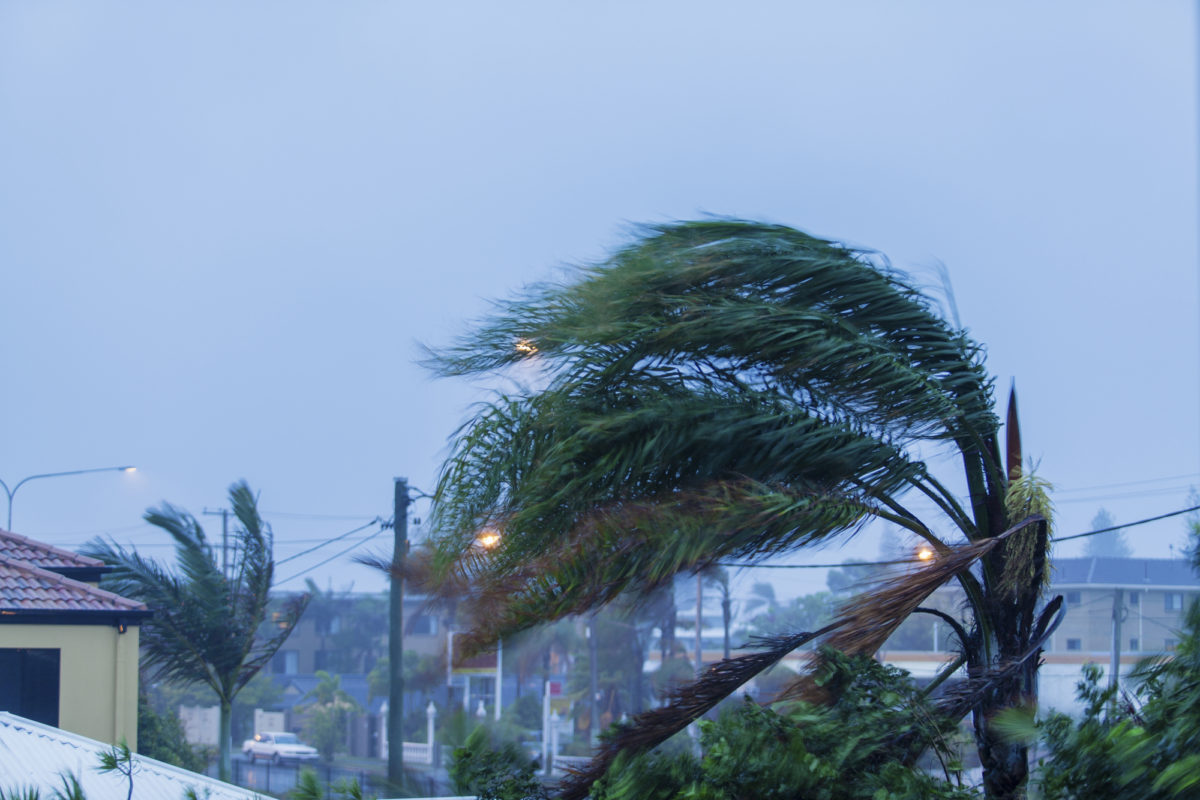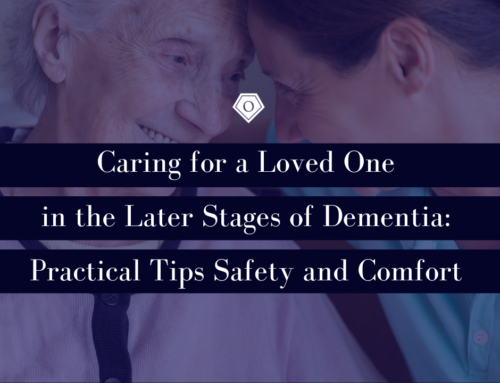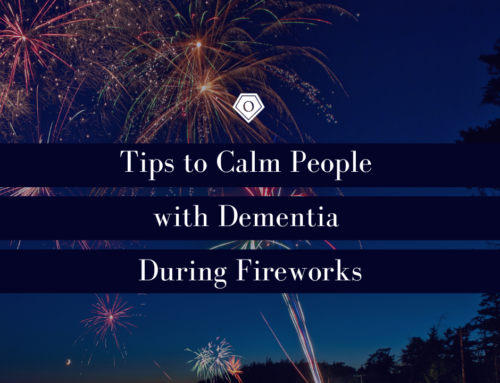During a hurricane, the elderly are especially vulnerable.
Seniors are more likely to experience diminished awareness, health problems, access and functional needs and various other limitations. When possible, seniors should find shelter with a family or caregiver. If you are an OHC patient, please let us know if you will be alone during the storm.
Use the tips below to prepare for the upcoming storm and do not take precautions lightly.

Escape Routes & Meeting Places
- Plan the best and quickest escape routes out of your home and evacuation routes out of your neighborhood.
- Decide on a meeting place outside your neighborhood in case you cannot return home.
- If you or someone in your household uses a wheelchair, make sure all escape routes from your home are wheelchair accessible.
- Know the safe places within your home in case you need to shelter during extreme weather events (e.g., tornado).
- Practice your escape drill every six months.
- Plan for transportation if you need to evacuate to a shelter.
Steps for Preparedness
- Community Disaster Plan
- Ask about the emergency plans and procedures that exist in your community. Know about your community’s response and evacuation plans (e.g., hurricane, nuclear emergency, severe weather). If you do not own a vehicle or drive, find out in advance what your community’s plans are for evacuating those without private transportation or make arrangements with a neighbor who would drive you.
- Home Care Support
- If you receive home care, speak with your case manager to see what their plan is in times of emergency and how they can assist with your plan
- Post Emergency Phone Numbers Near Your Phones (cont.)
- Post emergency numbers near all of your phones. Include the numbers of those in your support network. Remember that in some emergencies telephone lines might not be working. Consider having alternative plans for contacting those in your network.
- Plan for Those With Disabilities
- Keep support items like wheelchairs and walkers in a designated place so they can be found quickly. This step is essential for those who have home-health caregivers, particularly for those who are bed bound.
- Plan for Your Pets or Service Animals
- Take your pets with you if you evacuate. However, be aware that pets (except service animals) are not permitted in emergency public shelters for health reasons. Prepare a list of family, friends, boarding facilities, veterinarians and ‘pet-friendly’ hotels that could shelter your pets in an emergency.
- Vital Records and Documents
- Keep copies of vital family records and other important documents such as birth and marriage certificates, social security cards, passports, wills, deeds, and financial, insurance and immunizations records in a safe location, like a fire safe or safe-deposit box.
- Hearing Aids/Cochlear Implants
- If you wear hearing aids or assistive devices, consider storing them in a bedside container that is attached to your nightstand using Velcro. Some disasters (e.g., earthquakes) may shift items that are not secured, making them difficult to find quickly
- Community Warning Systems
- How will you be notified of a possible emergency? Know how local authorities will warn you of a pending or current disaster situation and how they will provide information to you before, during and after a disaster.
- Friends, Family Caregivers and Neighbors
- Before a disaster happens it is a good idea to have a conversation with those in your support network: your friends, family and neighbors. Let them know your needs in an emergency situation; ask them how they could assist with your plan and whether they would be willing to help. Consider that during some emergencies travel is severely limited and they may not be able to get to you.
- Local Neighborhood Emergency Teams
- Connect with a group in your local neighborhood. Some of these could include CERT (Community Emergency Response Team), neighborhood watch, community block associations, faith-based organizations, etc. Even if you feel you cannot become a member, let them know your needs and ask them how they could assist with your disaster plan. If available, take advantage of advance registration systems in your area for those who need help during community emergencies.
FEMA Preparedness Kit for the Elderly
- One gallon of water per day. Electrolyte beverages are a good source of hydration.
- Foods ready to eat and not perishable, preferably rich in B12 vitamin and low in sodium. Vitamin supplements can help prevent nutritional deficiencies.
- Blankets, extra clothing and comfortable shoes.
- Spare eyeglasses, catheters, batteries, oxygen systems, etc.
- First-aid kit, medical insurance and Medicaid/Medicare cards.
- Prescription medicines and copies of prescriptions that can be refilled for up to six months.
- Medical-alert tags or bracelets with information about healthcare needs.
- An emergency-contact list to reach family and friends.
- Plenty of extra cash, since access to banks and ATMs may be limited.
- Copies of family records and other important documents such as birth and marriage certificates, Social Security cards, passports, wills, deeds, and financial, insurance and immunizations records — all stashed in a sealed, waterproof bag.
- A battery-powered radio and/or a NOAA weather radio.
- A solar or battery-operated flashlight.
- A whistle to call for help and a small mirror to reflect sunlight in case you have to signal rescue teams.
FEMA Tips for Staying at a Shelter
- Take what you can carry from your readiness kit.
- Notify management of any needs you may have.
- Let your family and out-of-town contacts know where you are sheltering or where you will be staying during the storm.
- Make arrangements for your pets’ care.
For more state and federal resources see our recent blog post Emergency Preparedness Resources from HCAF.
Additional Resources:
Download the Onyx Home Care Preparing Seniors For A Hurricane Booklet
Volusia Country Emergency Information
Flalger County Emergency Information
Florida Disaster | floridadisaster.org
Local Radio | radiolineup.com/locate/Daytona-Beach-FL
NOAA | noaa.gov
Red Cross | redcross.org | Text: “GETCANE” to 90999 To Download App | Full Red Cross Booklet for Seniors
More emergency apps are listed here Emergency Preparedness Resources from HCAF






